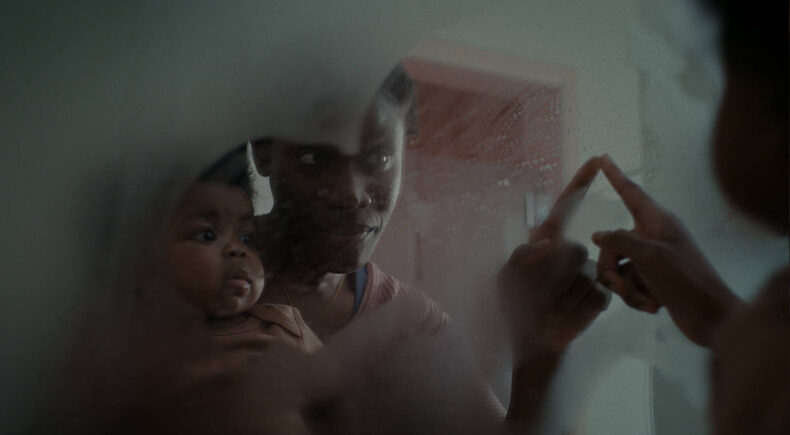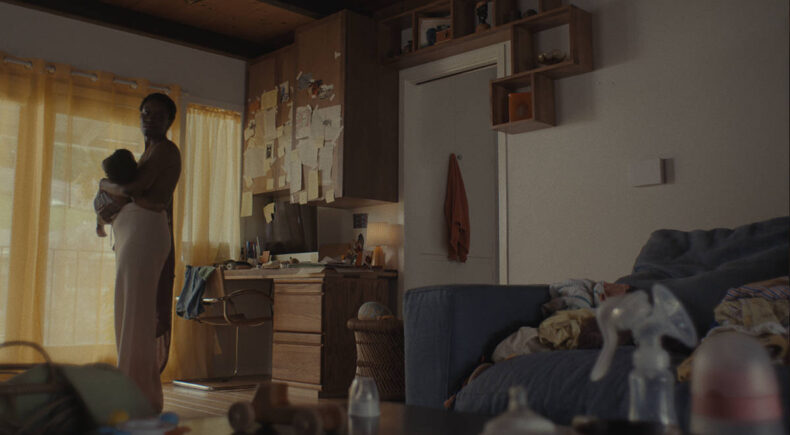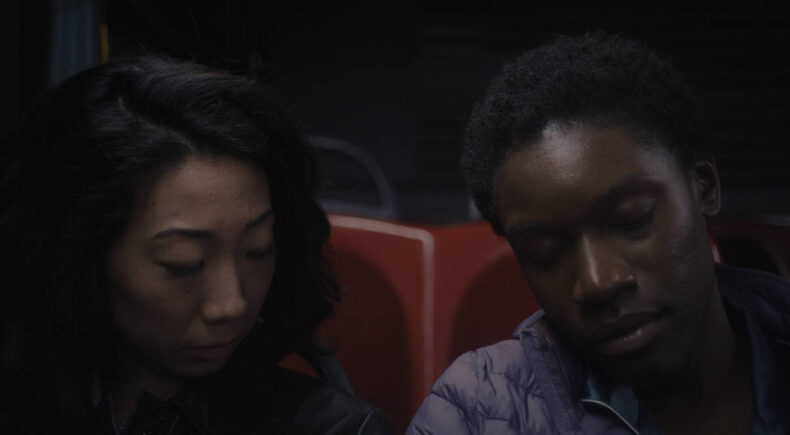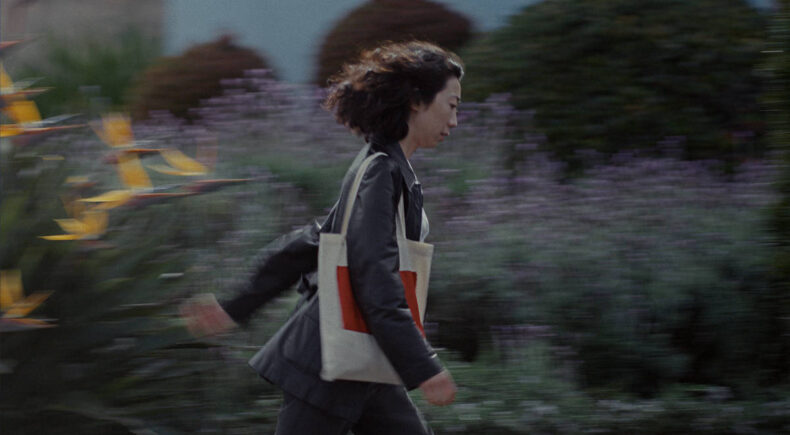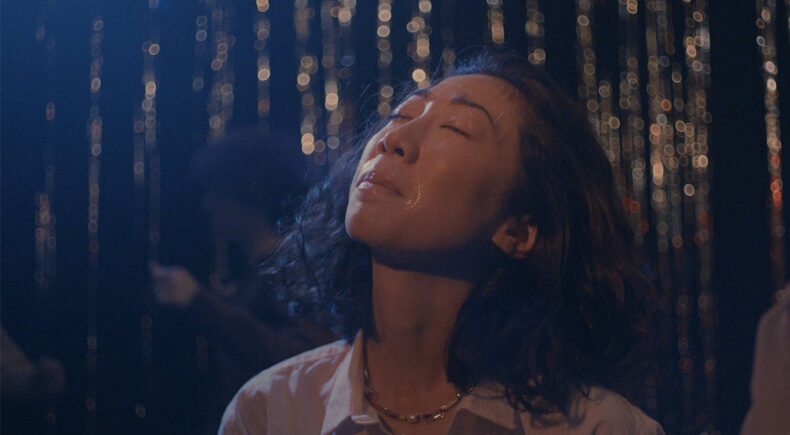Soft Animal
Director: Shizue Roche Adachi
Cast:Miho Saito, Nneka.
Crew:Writer: Shizue Roche Adachi. Producers: Nazanin Nematollahi, Naïma Hebrail Kidjo, Shizue Roche Adachi. Director of Photography: Jackie Fang.
Email:shizue.roche.adachi@gmail.com
Synopsis
On a bus late at night, two women’s paths collide, revealing unexpected echoes in their individual struggles to reclaim their bodies. Exploring the nuances of motherhood and sexual assault, Soft Animal questions how we find our way back to ourselves in the aftermath.
Trailer
About the director
SHIZUE ROCHE ADACHI (she/her) is a Japanese-American writer/director, narrative strategist, and former livestock farmer. Born in the Bay Area and buttered in the Midwest, Shizue is interested in the complicated ways people learn to care for each other and the places they call home. Exploring queer love, rural community, mixed race identity, and the domestic lives of women, Shizue’s films seek to expand and subvert dominant narratives of pleasure and belonging. Shizue holds a BA from Yale University and is currently pursuing an MFA in directing at UCLA. She is a recipient of the Jack Nicholson Distinguished Student Director Award, among others. SOFT ANIMAL was a Shore Film Scripts Film Fund semi-finalist and a recipient of the To.Get.Her Finishing Fund from The Chimaera Project, which celebrates femme and nonbinary filmmakers who use film as a catalyst for social change. Shizue is currently in post production on a short film and proof of concept based on the true story of when a neighbor’s dogs killed 25 of her sheep.
Filmmaker's note
I never thought I would make a film about sexual assault, mostly because I tend to find popular representations re-traumatizing and clichéd. But also because I had no idea how to express what felt true to me – how to capture a decade-long relationship with a feeling like an undertow I could never shake.
Last summer, while helping to care for a friend who was a new mother, I heard something familiar in her attempts to put words to her experience: “My body is no longer mine own,” she told me as her daughter suckled, “it’s a location.” This loss of agency struck me. 1 in every 6 women has been sexually assaulted. 1 in 7 women struggle with postpartum depression. And the statistics only rise for women of color. In Soft Animal,
I do not mean to suggest a parallel between these two vastly different experiences, but perhaps a dance––an unexpected duet of two women learning how to reclaim their bodies as home, as whole, as self.
I am interested in joy, not pain, especially when it comes to depictions of the queer folks, survivors, and women of color I call community. SOFT ANIMAL does not salt a wound. Instead, it presents an honest portrayal of healing in all its messiness and uncertainty––where joy coexists with grief. Because, oh, what a joy we can find in these bodies. Oh, what a joy to be a soft animal.



